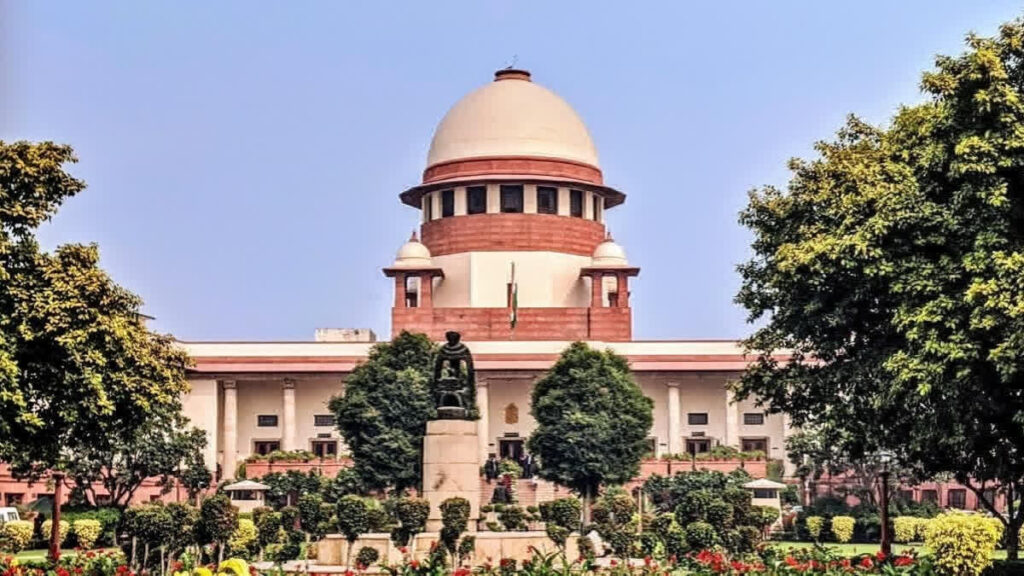Aarohi Dhumale
The Supreme Court on 12th August, 2024, discussed drawbacks of relying too much on Artificial Intelligence (AI), especially in the case of translation of legal documents.
A bench comprising Justice B.R. Gavai and Justice K.V. Viswanathan discussed this issue after pronouncing a judgment which required Hindi court references to be translated in English. The Court observed that several legal documents were incorrectly translated. While addressing Senior Counsel Sidharth Luthra and Mukul Rohatgi who were present in court, Justice Viswanathan said that lawyers need to take care to mention the correct words in their pleadings.
Justice Viswanathan said “Once I was using AI to translate a judgment and ‘leave granted’ became chhutti sweekaar (holiday approved),” “In other times, it is translated as avkaash sweekrit (vacation approval),” Justice Gavai added. Leaving such a task to AI may lead to amusing errors.
The Supreme Court is trying to inculcate Artificial Intelligence in its functioning. In January 2023, the Chief Justice of India DY Chandrachud talked about the judiciary’s aim to make judgments available in all Indian languages with the help of Artificial Intelligence. The Court began using AI and Natural Language Processing for live transcription of hearings in Constitution Bench cases in February 2023.
In May 2023, the Chief Justice informed that the Supreme Court is working on making transcripts of court proceedings available in regional languages. This year, second edition of Supreme Court’s Hackathon (a competition for improving the Court’s registry process) is AI-themed. The theme is to explore solutions in AI based technology for improving and further streamlining the official functions performed by the Registry of the Supreme Court of India.
Bench: Justice B.R. Gavai and Justice K.V. Viswanathan

